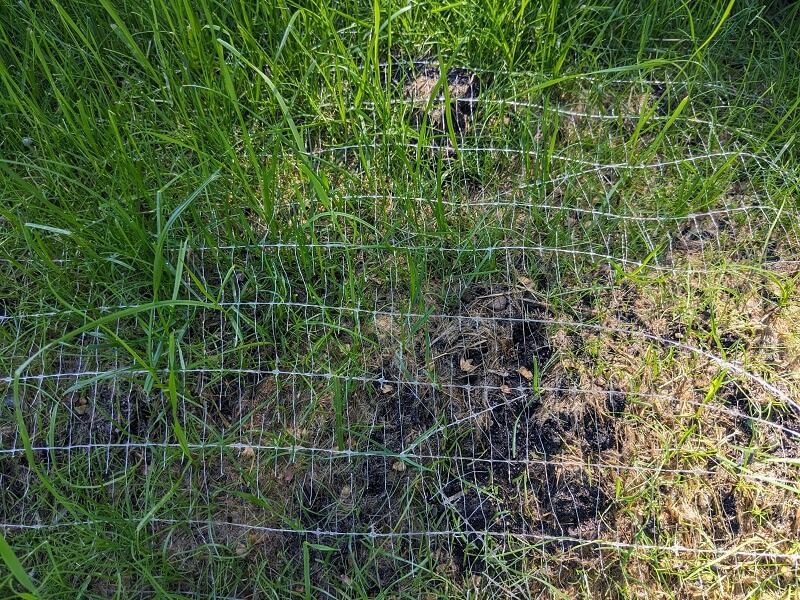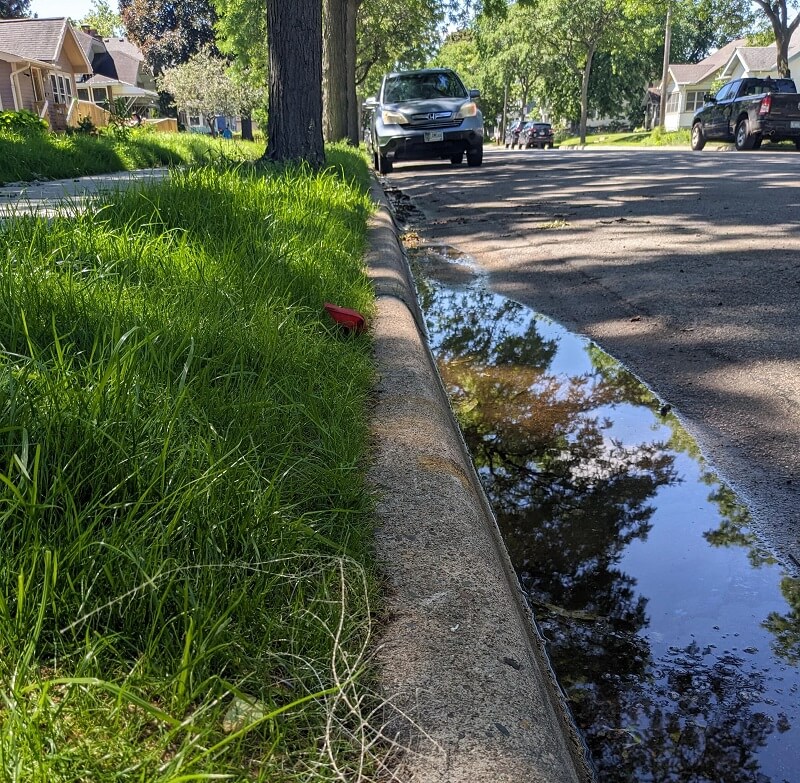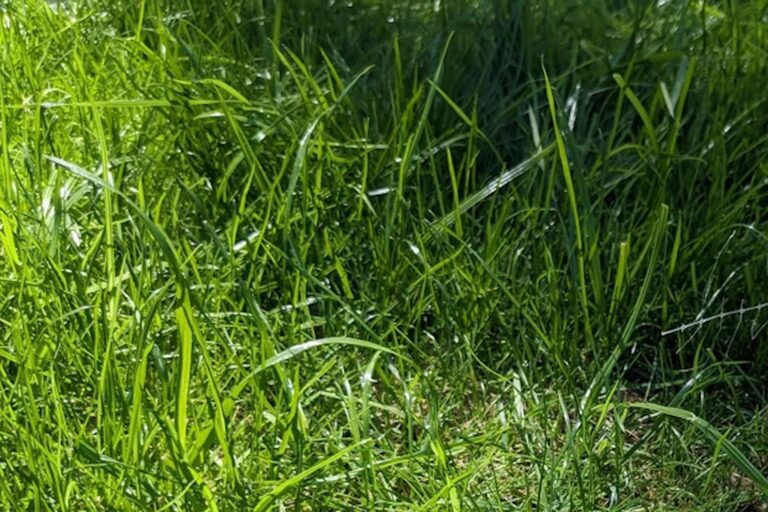A Reddit user is arguing that putting plastic netting on your lawn is pointless, and his post has been gaining traction in the r/f***lawns community.
Photos shared show blades of grass pushing through layers of plastic netting, leaving many scratching their heads.


“What’s the deal with putting plastic netting on your lawn these days?” the poster wrote. “I’ve never seen this until recently and now it’s everywhere. Monoculture lawns are bad enough but to plant with a layer of plastic on the ground is insane! How is this even legal…? You’re literally covering the ground with plastic.”
The netting is meant to keep the grass in place until the roots take hold, but unfortunately it’s unsightly and poses a hazard to the environment – the production of plastic netting also contributes to polluting gases and plastic pollution.
Additionally, animals like birds, turtles and snakes can become entangled in the nets and suffocate. “This is bad for the environment. I’ve seen birds, nesting turtles and snakes get tangled in the nets and die,” one commenter said.
Luckily, there are plenty of sustainable, low-maintenance alternatives to traditional lawns that can save you time and money while supporting a healthier ecosystem. Choosing native plants that are adapted to your local climate means less watering, mowing, fertilizing and no need for plastic netting.
Even replacing part of your lawn with native plants, clover, buffalo grass, or xeriscape can have a positive impact. You’ll create important habitat for the pollinators that help put food on your table. Plus, you’ll conserve water and reduce your energy bills. It’s a win-win.
Other commenters echoed the original poster’s concerns.
“This pisses me off every time I see it!” one person wrote.
Another agreed: “A catastrophe for wildlife and the world in general. Such a shame.”
The anger is understandable: One user suggested: “Write a letter to your city etc. as there are safer options.”
By raising awareness and advocating for change, together we can build a greener future from the ground up.
Sign up for our free newsletter for quick tips Save More, Reduce wasteand Please eat it. While helping the planet.

